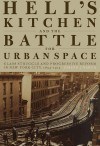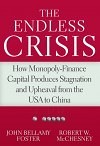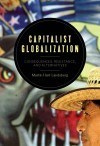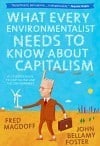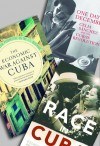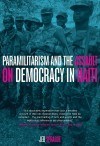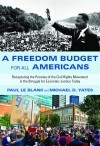
A Freedom Budget for All Americans in the Washington Post
As two excellent new books about the march and the men and women who made it happen — “The March on Washington” by William P. Jones and “A Freedom Budget for All Americans” by Paul Le Blanc and Michael D. Yates — make clear, the march was initially conceived in late 1962 primarily to spotlight the growing unemployment, underemployment and job discrimination plaguing African Americans in northern cities. Only when all hell broke loose in Birmingham, Ala., in the spring of 1963 — with Bull Connor loosing attack dogs on black schoolchildren demonstrating for equal access to public accommodations — did the focus of the march expand to the civil rights demands with which it is linked in popular memory today. | more…

